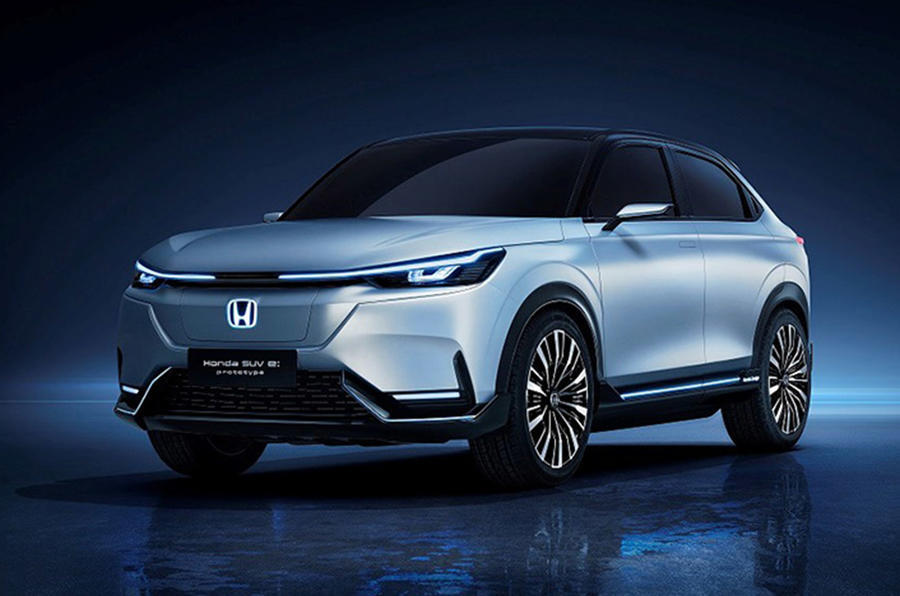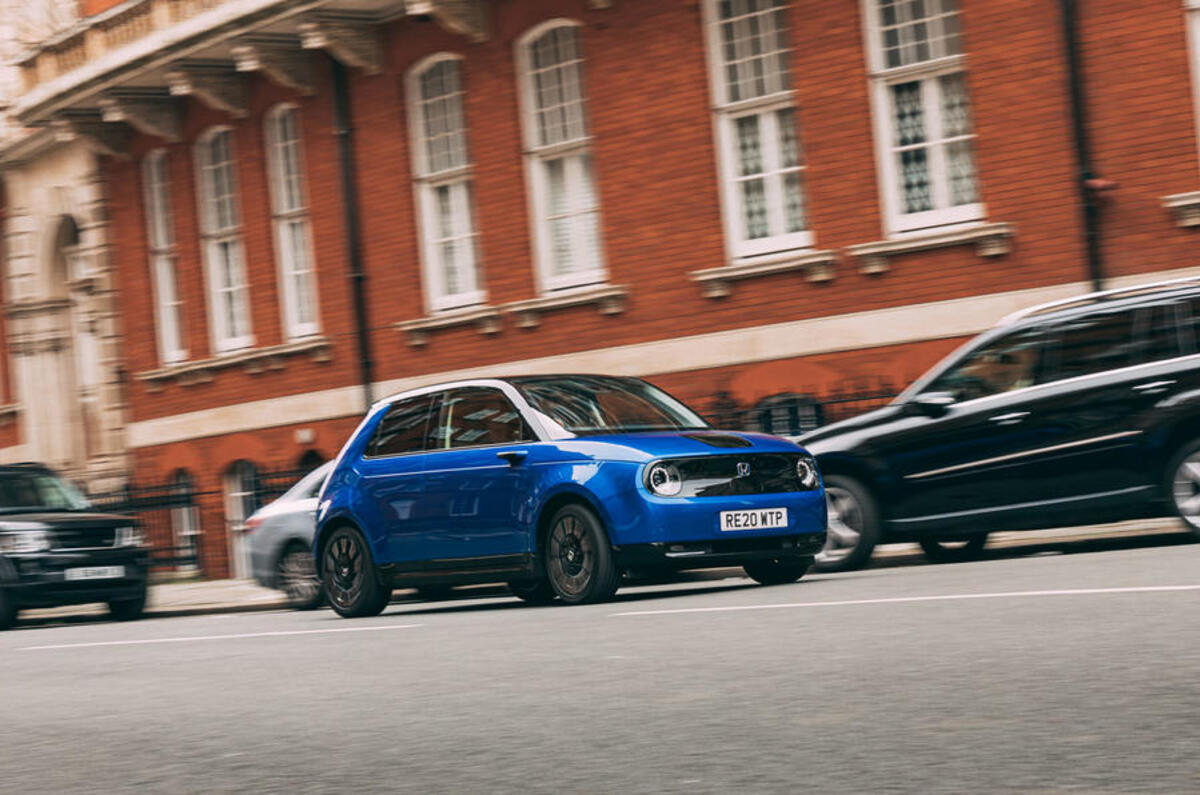Honda will end production of combustion motors by 2040 as it embarks on a wide-reaching drive to achieve total carbon neutrality by 2050 and to advance the development of its zero-emission powertrain solutions.
Company president Toshihiro Mibe detailed a series of ambitious objectives at a press conference in Japan today, where he solidified the brand's commitment to leading "advancements which will be made in the areas of mobility, the power unit, energy and robotics".
By 2050, Honda aims to achieve carbon neutrality across "all products and corporate activities", which will see it shift focus predominantly to developing environmentally friendly powertrains and overhauling its supply chain to ensure products are "made from 100% sustainable materials".
The brand had already confirmed it would offer exclusively electrified passenger cars in Europe by the end of 2022, but is now solidifying its global electrification strategy for the coming years. By 2030, Honda plans for 40% of its sales to be pure-electric or fuel cell (FCEV) vehicles, rising to 80% by 2035 and 100% by 2040.
Specific goals for the European market have yet to be fully detailed, but a strategic partnership with General Motors will accelerate electrification efforts in North America, while a total of 10 new Honda-badged EVs will be launched in the Chinese market "within five years" - the first of which will be the production version of the e:prototype shown at Shanghai last week.

Honda has also confirmed that in the second half of the decade, it will launch a range of EVs atop its new 'e:Architecture' platform. The models will arrive in the US first, before being rolled out to other regions, likely including Europe.
The Cruise Origin self-driving EV being jointly developed by Honda and GM will begin testing later this year and is destined to arrive on the Japanese market in the mid-2020s. This partnership will also help Honda to expand its FCEV line-up.










Join the debate
Add your comment
I think this is mainly aimed at Cars and road transport we use daily, to stop makes all engines would be shear folly.